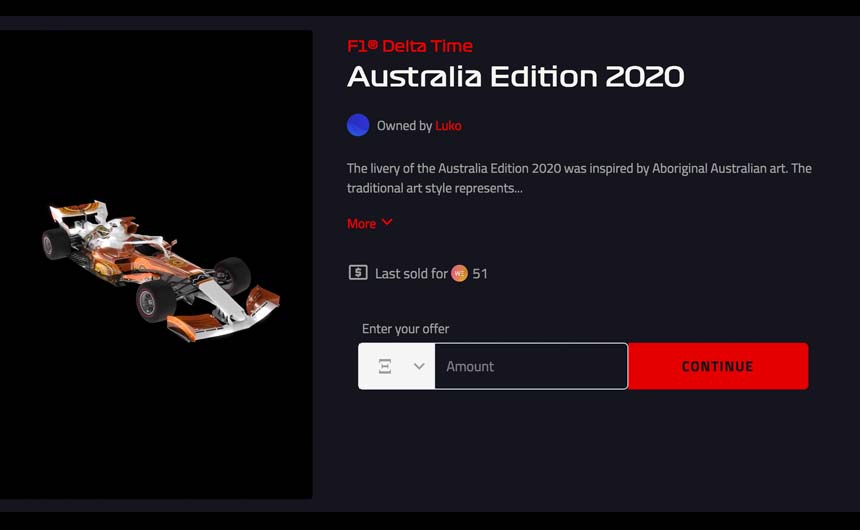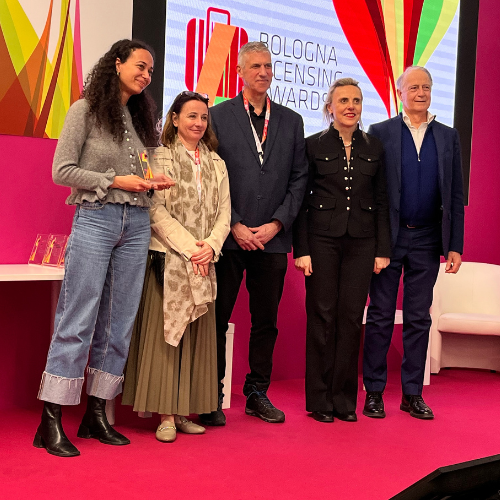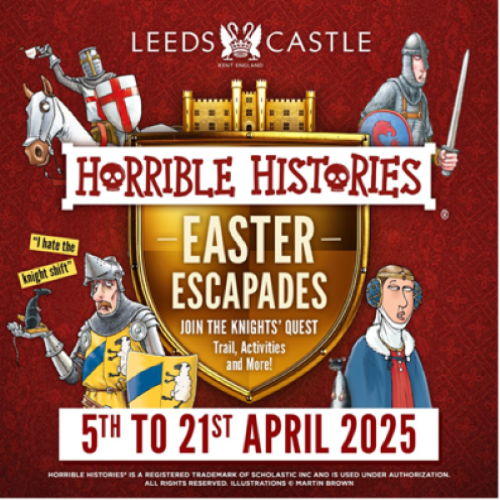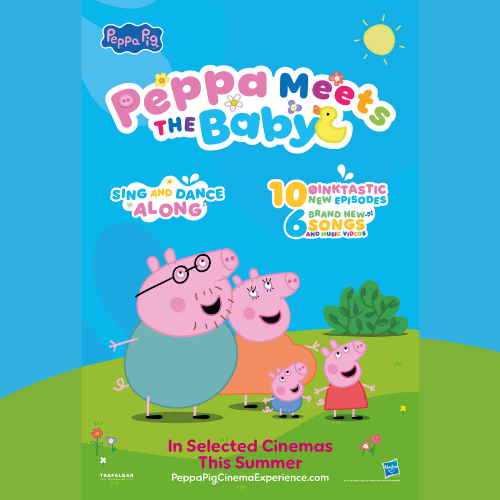AT New Media’s Simon Kay on why blockchain is another way for licensors to creatively extend their assets.
Sports brands have taken a bit of a battering due to COVID, but like many brands most of them were already actively reviewing or doing deals in preparation for the ever evolving blockchain assets boom.
Now an asset in this world does not just have to be referred to as a currency, it can be overlaid by an item, even if they are all ‘virtual’.
F1, like many sports is back and it is different, just like many things in sports and licensing as we come out of COVID’s peak. But let’s share something of a ‘wow’ moment which many of you may not have experienced yet.
Just over year ago, the agreement was secured for the first officially licensed blockchain-enabled F1 game to be developed.
Allowing players to own a digital version of an F1 car through use of non-fungible tokens (NFTs), it’s beginning to get many more licensors and agents talking and doing deals. But for some, it is a little complicated to get your head around.
Creating collectable cars and monetising those on the blockchain ahead of a game being available to play may sound bonkers to some.
How could an economy be built around assets that you couldn’t even race yet?
Well, of course you can today.
The team behind the game released a car named 1-1-1 as a one of kind collectable and digital milestone in motorsport (main image).
Offering comprehensive game capabilities and performance it truly was one of a kind.
What did they do next? They auctioned it. What price did it achieve?
Over $100,000.
Yes indeed.

The cache fans and players place on unique items is not new, but the commercial value that can be attributed to limited edition items is sometimes gobsmacking. Even more-so to many when it is an intangible as some might say.
Well, the lines between tangible and intangible have been blurring for years. Blockchain-enabled content takes this to another level.
For me, having been involved in the evolution of video games and the brand licensing opportunities around them over the years, this is potentially even more tantalising.
There is more…
Not just limited edition content that associates itself with interactive games but art, collectables and in fact all intellectual properties have the potential for integration in to an asset form sat on the blockchain.
Some are naturally more valuable than others, especially where game mechanics come in to view, but that is like everything when a new burgeoning commercial space is opening to all.
As if often the case, it is in the interactive game and gambling markets where creativity in this sector is moving at a very swift pace.
Atari have been nurturing their brand prominence on the blockchain for a couple of years now in various forms from individual games to integrations within other worlds powered by Bitcoin and Ethereum.
They have even designed a special Pong token to be used online in blockchain virtual casinos. Yes, they have.
Away from games, JoyPixels recently announced their move in to the space with Emoji Clash which is a combination of limited edition assets and associated game integrations which will arrive in 2021.
You can even share art and limited edition collectables just like the old way of doing it but more with intangibles than tangibles. And consumers will trade them as well, leading to longer term revenue streams from the same piece of content.
This is a fast moving market and as we come out of this difficult time, many in the licensing industry will be looking at more creative ways to extend their assets and blockchain is one of those.
There is so much more to come and many other licensors are already making their move, along with licensee partners you may want to seek out.
Have you noted this sector for your brands? If not, get on it as now is the time to talk to those in the know who are doing great things.
I have been ahead of the curve in the past and people thought I was bonkers. I am not ahead this time, it is just the time to get ahead!
Simon Kay is director at AT New Media, a digital media and brand management company specialising in offering global and/or local support focused on IP licensing within interactive content including games, wagering, social, virtual goods, VR, AR, esports and blockchain applications. He can be contacted by clicking here.

































